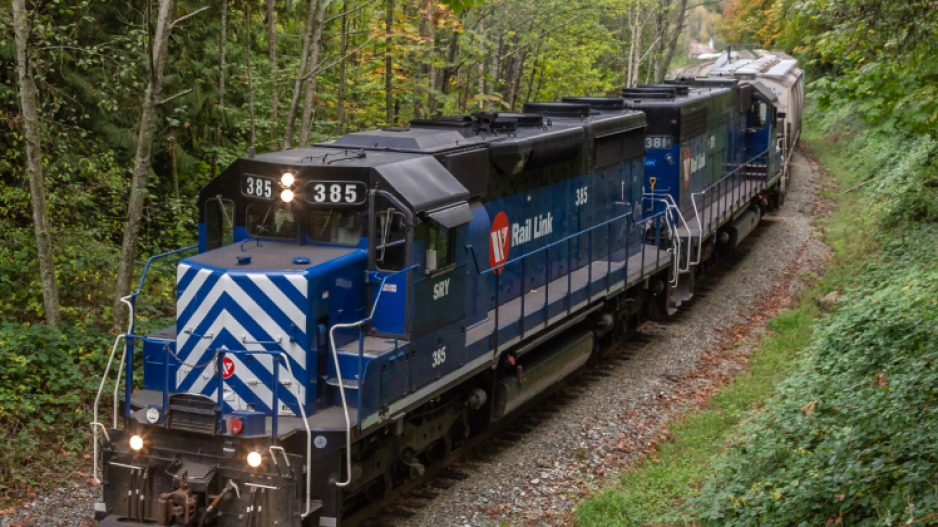Two local companies in the hydrogen space, Loop Energy (TSX:LPEN) and Hydrogen In Motion Inc., have been selected by Southern Railway of British Columbia to convert one of its diesel-electric locomotives to hydrogen fuel cell power.
Loop Energy will provide the hydrogen fuel cell components and Hydrogen in Motion will provide the hydrogen storage for a diesel-electric locomotive that is used in rail yards for switching.
Loop Energy has focused mainly on fuel cells for buses and trucks, so the pilot project offers Loop a chance to move into rail, as well.
“For Loop, it will be the first rail application,” said Loop Energy chief commercial officer George Rubin. “It is always good to get a hands-on experience in how the product fits and how it works in that environment.”
He added: “It is really nice to do something actually in British Columbia.”
Southern Railway of BC is a short-line railway operator that provides first- and last-mile service for the major railway companies in the Lower Mainland and Fraser Valley.
When a CN or CP train arrives in the Lower Mainland, Southern Railway’s locomotives take over and shuttle cars and tank railcars to their final destinations, between New Westminster and Chilliwack. It operates about 32 locomotives.
“Decarbonization in the rail industry is a priority for the whole industry,” said Emily Mak, director of communications for Southern Railway of BC. “The whole industry is focused on net zero by 2050.”
After exploring the various options, the company settled on hydrogen fuel cells for a demonstration project.
Since diesel-electric locomotives already have an electric drive train, the conversion can be done by swapping out the diesel engine with fuel cells, which will charge a battery that provides the power to the drive train.
It’s not as simple as it might sound, however, so the three partners are getting some help from the University of BC’s Okanagan School of Engineering to help with some of the engineering challenges.
Rubin said the partners are aiming for the conversion to be done by the end of the first quarter of 2022.
Loop isn't the only B.C. fuel cell maker to land contracts recently to provide fuel cells for locomotives. Earlier this year, Ballad Power Systems (TSX,NASDAQ:BLDP) and Canadian Pacific (TSX,NYSE:CP) announced Ballard will supply CP with fuel cells for its demonstration Hydrogen Locomotive Program.




